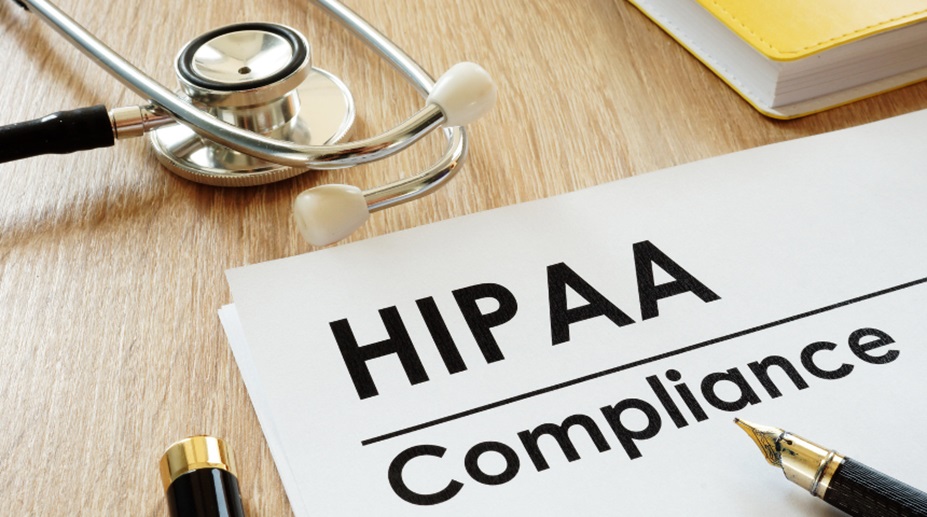How Consultant’s Guide to HIPAA Compliance Audits and Assessments

Ensuring compliance with the Health Insurance Portability and Accountability Act (HIPAA) is critical for organizations handling sensitive healthcare data. A HIPAA compliance consultant can be instrumental in guiding organizations through the complexities of audits and assessments to maintain regulatory standards. Their expertise ensures that healthcare providers, insurers, and other covered entities address vulnerabilities and safeguard sensitive data effectively.
The Importance of HIPAA Compliance
HIPAA compliance is essential to protect patient information from unauthorized access, breaches, or misuse. Failure to comply can result in hefty fines, reputational damage, and legal consequences. To meet these challenges, organizations often engage specialized consultants who understand HIPAA’s regulatory framework and can streamline the compliance process.
Critical Elements of a HIPAA Audit
A HIPAA audit comprehensively evaluates an organization’s policies, procedures, and technical safeguards. The process typically includes:
- Risk Assessments: Identifying and assessing potential risks to electronic protected health information (ePHI).
- Policy Reviews: Ensuring that administrative, physical, and technical safeguards align with HIPAA requirements.
- Training and Awareness: Verifying employees understand compliance policies and their roles in safeguarding ePHI.
How Consultants Facilitate Compliance
HIPAA compliance consultants bring expertise to help organizations navigate complex regulations. They provide tailored guidance and actionable recommendations to strengthen compliance efforts.
Benefits of Working with a Consultant
- Expertise in Regulations: Consultants possess in-depth knowledge of HIPAA rules, ensuring that all facets of compliance are addressed.
- Customized Solutions: They tailor their services to meet the organization’s specific needs, ensuring efficient and effective compliance strategies.
- Time and Resource Savings: By managing audits and assessments, consultants free up internal resources, allowing organizations to focus on core operations.
Leveraging the NIST Cybersecurity Framework
HIPAA compliance consultants can implement the NIST Cybersecurity Framework (NIST CSF) to enhance compliance efforts. The NIST CSF provides a structured approach to identifying, protecting, detecting, responding to, and recovering from cybersecurity threats. Organizations can achieve a more robust security posture by aligning HIPAA requirements with NIST CSF.
Preventing Data Breaches
A key objective of a HIPAA compliance consultant is to prevent data breaches, a major threat to healthcare organizations. Through comprehensive assessments and the implementation of best practices, consultants assist organizations in protecting sensitive information effectively. To understand more about this crucial role, this article provides valuable insights into how consultants mitigate risks.
Steps for Successful HIPAA Compliance
Achieving and maintaining compliance is a continuous process. Here are key steps organizations can take:
Conduct a Gap Analysis
Before embarking on the compliance journey, organizations should pinpoint gaps in their policies and procedures. This step is crucial as it reveals areas that need immediate attention.
Develop an Action Plan
Based on the findings from the gap analysis, a detailed action plan should outline steps to address deficiencies. Consultants play a pivotal role in designing these plans.
Continuous Monitoring and Training
HIPAA compliance is not a one-time task. Organizations must conduct regular audits, monitor compliance efforts, and provide ongoing employee training to adapt to evolving risks.
Conclusion
Navigating HIPAA compliance audits and assessments can be daunting, but the expertise of a HIPAA compliance consultant can make the process seamless. From risk assessments to employee training, these professionals provide guidance to ensure compliance and protect sensitive patient data. Partnering with the right consultant ensures your organization meets regulatory standards, avoids penalties, and safeguards its reputation in the healthcare industry.


 5 Strategies for Integrating Underground Utilities with Railroad Design You Need To Know
5 Strategies for Integrating Underground Utilities with Railroad Design You Need To Know  Key Solutions to Look for in Business Analytics for 2024
Key Solutions to Look for in Business Analytics for 2024  Vital Reasons that Enable Hoarding Signage to Set your Business Apart
Vital Reasons that Enable Hoarding Signage to Set your Business Apart  Customised Facilities Management Solutions: Tailoring Services to Meet Industry-Specific Needs
Customised Facilities Management Solutions: Tailoring Services to Meet Industry-Specific Needs  Professional photography company helps in marketing
Professional photography company helps in marketing  Top Training Courses to Boost Employee Performance in Australia
Top Training Courses to Boost Employee Performance in Australia